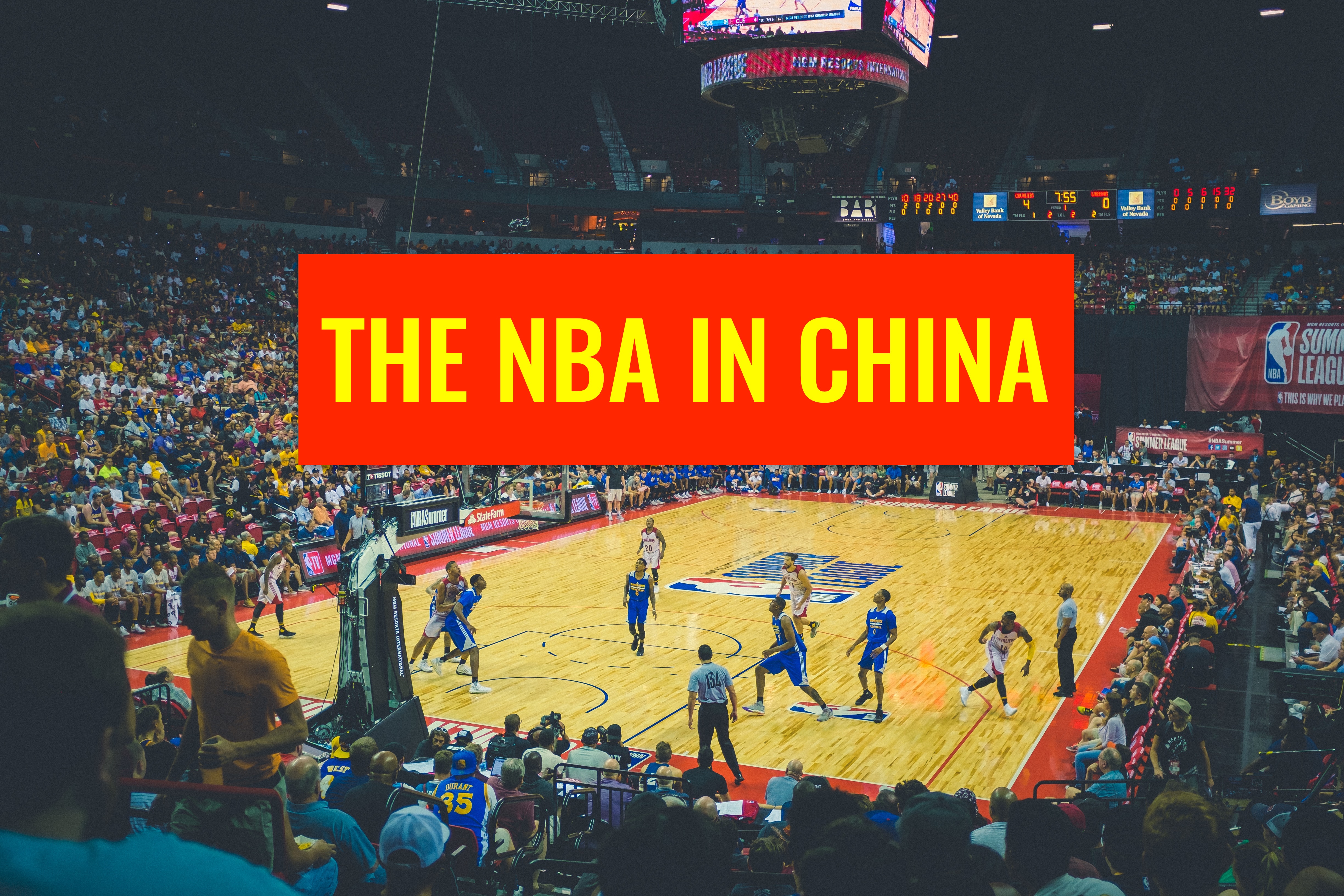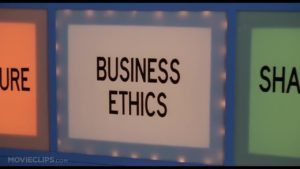
Prompt Images
After successfully stealing headlines and media attention from the NFL all summer, the NBA is back on the front pages this week, but not for the right reasons. This time, there’s a big, red controversy after Houston Rockets General Manager Daryl Morey tweeted, “Fight for Freedom, Stand with Hong Kong,” this weekend.
Morey’s Rockets are currently touring Asia along with several other NBA teams, playing exhibition games and drumming up support and interest from China’s billions of eyeballs and dollars.
The NBA market in China is huge, which is why Morey’s tweet was so controversial.
It was a direct shot at China, which has been actively shutting down protests for sovereignty in Hong Kong for months. If you need a primer on the contentious relationship between Hong Kong and China, this is a good one.
Even though Morey deleted the tweet, the news cycle—a global news cycle—picked it up and turned it into an international fiasco. China and the Chinese Basketball Association lashed out against Morey’s support for Hong Kong. They cancelled the televising of the week’s upcoming games. The Rockets team owner immediately rebuked Morey, and Morey subsequently apologized. The NBA issued multiple statements: trying to walk the line between appeasing a nation full of potential income, and supporting Morey’s right to free speech.
The question is this:
What is the price of saying something noble that you believe in?
Obviously there is no price tag or actual dollar amount of speaking to your ideals and morals, but if there were, that would be one wild game of The Price is Right. Morey clearly supports Hong Kong’s refusal to be a part of China’s extradition program and thus fall under their harsh justice system.
Many have criticized Morey, not for his beliefs, but for speaking up at all.
He wasn’t asked about this in an interview, he simply volunteered his opinion, which put his employer and organization in a bad spot. China has cut ties with the Rockets, which sounds ominous, and is a major blow considering China’s greatest basketball player ever, Yao Ming, spent his entire NBA career as a Rocket.
This forced NBA Commissioner Adam Silver to defend Morey’s right to free speech. In response, China Central Television came out with this terrifying statement: “We believe that any speech that challenges national sovereignty and social stability is not within the scope of freedom of speech.”
Yikes. And we think not having White House press briefings is bad.
Morey jeopardized millions and possibly billions of dollars in future profit for the Rockets and the NBA.
He has made it less likely that his players’ jerseys will sell in China, harming their individual earning potential, too. I am sure Nike and other brands are using their red emergency phones to figure out how they should proceed and how to put out fires, like an economic Chernobyl.
Furthermore, as the story evolves, Morey’s outspoken comment will have the unintended consequence of drawing NBA owners and players to potentially speak up about it.
In the immediate aftermath, the Rockets best player, James Harden said, “We apologize. You know, we love China.” Um, okay. Eventually we’ll hear from LeBron James, or maybe more interestingly, maybe we won’t. LeBron has never shied away from speaking up for the causes he values. In the past he’s called out the President, the NCAA, police lethality, and other issues that many players avoid.
What if LeBron James speaks against China, and risks losing fans? What if LeBron abstains from the conversation, after setting a precedent as “more than an athlete”?
The idea of moral versus financial bankruptcy is not new, and a concept many Americans have had to consider since November 2016. Even Ellen DeGeneres found herself in a similar spot this week when she was spotted at a Dallas Cowboys game luxury suite, sitting next to and yukking it up with former President George W. Bush. While many pointed out the potential hypocrisy of Ellen letting loose with a president who was against marriage equality and whose campaign took advantage of same-sex ballot initiatives to win re-election. Ellen explained that she can be friends with people she disagrees with, which accentuates the luxury in luxury suite.

I choose Business Ethics.
So what is the right move?
Should we speak out against the things we disagree with, even when it may financially hurt us and those around us? Don’t get me wrong, if China wanted to buy The Prompt, I would sell out in an instant. Same goes for Trump Industries, although he would probably bankrupt it immediately.
But does that mean we all need to shut up about controversial topics, in case we are potentially costing someone above us money?
As someone who prides himself on being outspoken on moral values (or as you may call me, a righteous jackass) I can tell you it feels good, but I don’t know how helpful it’s been. It has probably created more arguments than it has positive change.
Morey may be a fool who needlessly risked his job and cost his coworkers billions, but does that make it wrong? Does it make it any wronger for his bosses to silence him so that they can make gobs of money in China, while blissfully ignoring its violations?
There is a price of action and also one of inaction. Morey’s actions already have an associated lost value, but his silence would also be damaging. What happens when both action and inaction have different costs?



